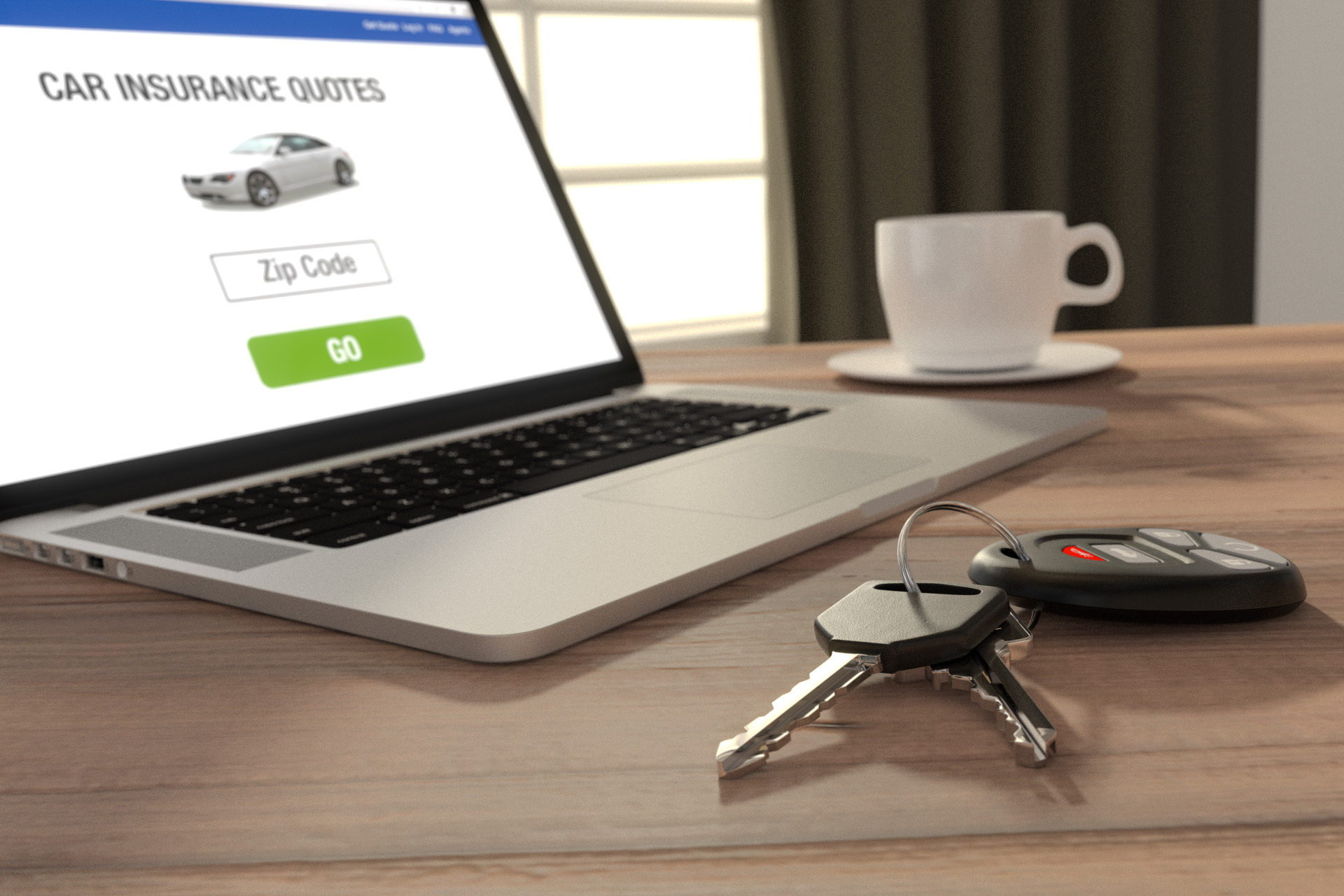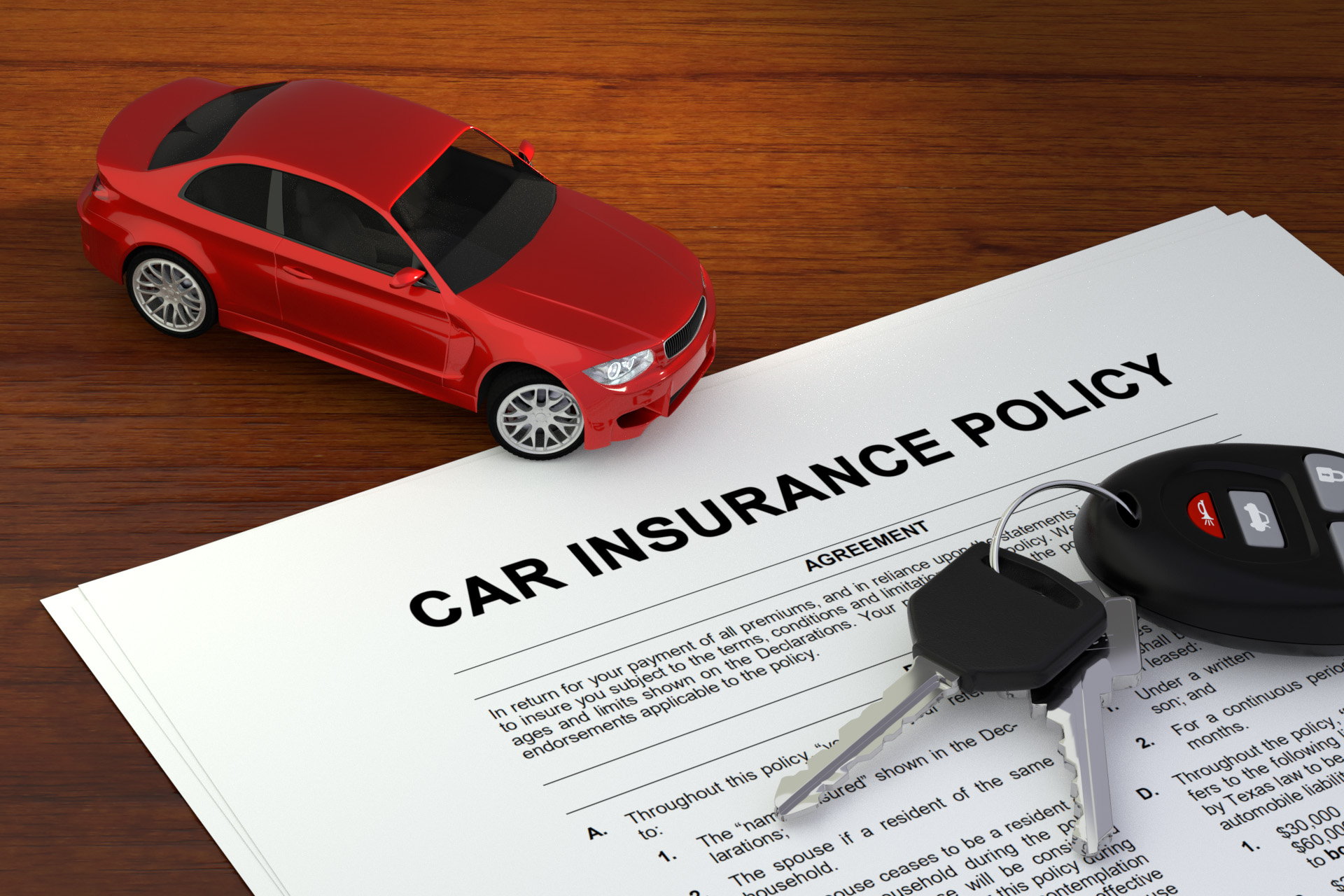Choosing a car is an important decision that requires careful consideration. Whether you’re looking for a car to commute to work or a family vehicle for weekend trips, there are a lot of factors to consider. From budget to lifestyle, personal preferences to safety features, finding the right car for your needs can be overwhelming. In this article, we’ll take a closer look at how to choose the perfect car for your needs.
- Determine Your Budget
Before you start shopping for a car, it’s important to determine your budget. Consider how much you can afford to spend each month on car payments, as well as the down payment and insurance costs. If you’re buying a used car, factor in maintenance costs and any repairs that may be needed.
- Consider Your Lifestyle
Your lifestyle can also influence the type of car you should buy. If you have a long commute or frequently travel long distances, you may want a car with good fuel economy. If you have a family, a larger car or SUV may be necessary to accommodate everyone comfortably. If you frequently drive in areas with harsh weather, consider a car with all-wheel drive or four-wheel drive for better traction.
- Think About Your Personal Preferences
Your personal preferences should also play a role in your car-buying decision. Consider the features you want, such as a sunroof, heated seats, or a built-in navigation system. You should also think about the car’s color, style, and brand. Do you want a sporty car or a more practical one? Do you have a favorite car brand that you prefer over others?
- Check for Safety Features
Safety should be a top priority when choosing a car. Look for cars with advanced safety features such as anti-lock brakes, electronic stability control, and airbags. You may also want to consider cars with driver assistance features such as blind-spot monitoring, lane departure warning, and rearview cameras.
- Test Drive Multiple Cars
Once you’ve narrowed down your options, it’s important to test drive multiple cars. This will allow you to compare different makes and models, and get a feel for how each one handles on the road. You should also test drive the car in different driving conditions, such as on the highway and in stop-and-go traffic.
- Research and Compare Cars
Before making a final decision, it’s important to research and compare different cars. Look for reviews from experts and other car owners to get an idea of the car’s reliability and overall performance. You can also compare different cars using online tools that allow you to compare features, fuel economy, and safety ratings.
- Negotiate the Price
Once you’ve found the car that’s right for you, it’s time to negotiate the price. Be prepared to walk away if the price is too high, and don’t be afraid to negotiate for a better deal. You can also consider financing options, such as leasing or buying the car outright.
In conclusion, choosing the perfect car for your needs requires careful consideration of your budget, lifestyle, personal preferences, safety features, and research. By following these steps, you can find a car that meets all of your needs and provides you with years of driving pleasure.













